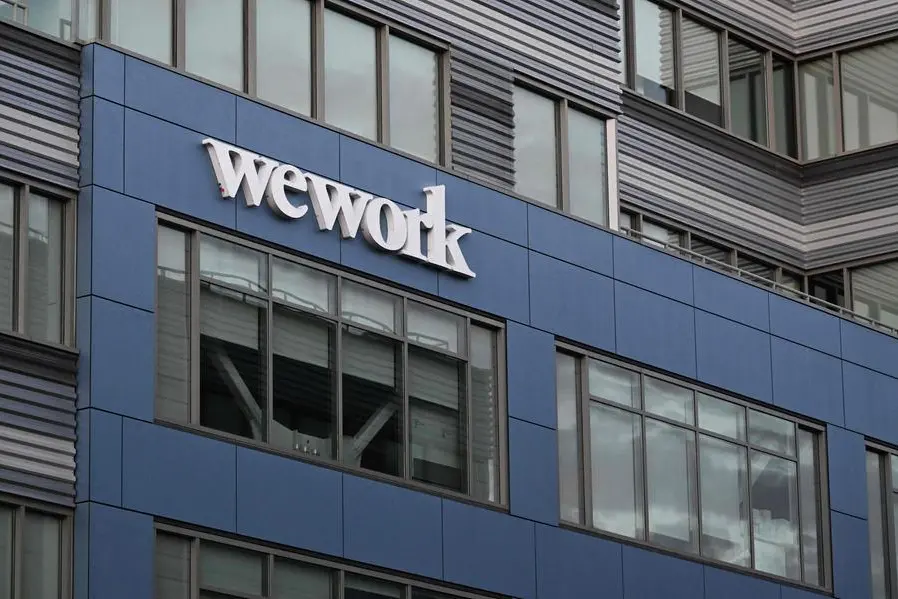PHOTO
WeWork, the embattled co-working company, has secured final court approval for its restructuring plan, paving the way for it to exit Chapter 11 bankruptcy next month.
The US Bankruptcy Court for the District of New Jersey approved WeWork's reorganization plan on Thursday, a crucial milestone for the once high-flying startup that had been weighed down by excessive lease obligations and unsustainable losses.
"We have emerged from this process with a comprehensive restructuring underway and a redoubled focus on providing flexible workspace environments that meet the needs of today's workforce," said David Tolley, WeWork's executive chairman.
Under the restructuring, WeWork has achieved more than a 50 percent reduction in long-term lease obligations, shaving off approximately $12 billion in future commitments.
The company has also eliminated over $4 billion in debt from its balance sheet, emerging from bankruptcy debt-free.
Tolley said that WeWork had secured $400 million in new capital, positioning the company for sustainable growth.
The reorganization plan marks a dramatic turnaround for the co-working pioneer, which was once valued at a lofty $47 billion before mounting losses and corporate governance concerns triggered a spectacular downfall in 2019.
WeWork's path through bankruptcy has involved painstaking renegotiations and terminations of numerous leases around the world. The company currently maintains a footprint of around 600 locations across 37 countries and 120 cities.
The new plan also put an end to a bid by ousted WeWork co-founder Adam Neumann to buy the company.
In a statement on Tuesday Neumann said his former company's plans would fail.
"For several months, we tried to work constructively with WeWork to create a strategy that would allow it to thrive," he said in a statement, which was first reported by The New York Times.
"Instead, the company looks to be emerging from bankruptcy with a plan that appears unrealistic and unlikely to succeed."
Neumann was forced out of the company in 2019 with an exit package worth hundreds of millions of dollars, while the company's value was slashed to $8 billion.





















